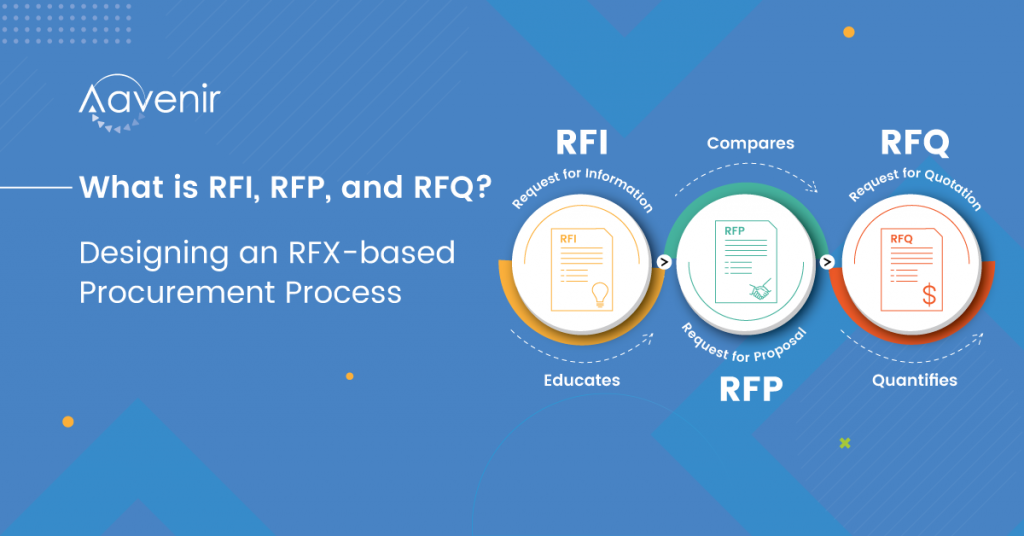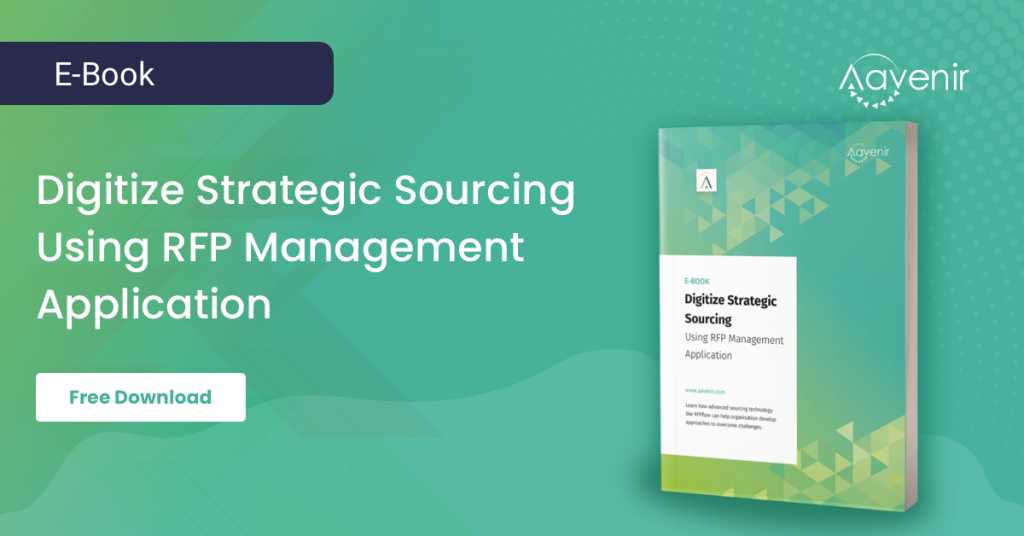What is a Request For Quotation (RFQ)?- Definition
A request for quotation (RFQ) is a business process in which a company or public entity requests a quote from a supplier to purchase specific products or services. RFQ generally means:
- Call for Bids (CFB)
- Invitation for Bids (IFB)
An RFQ typically involves more than just the price per item. RFP may request information like payment terms, quality level per item, or contract length during the bidding process.

Understanding Request For Quotation (RFQ)
An RFQ is usually the first step in submitting a request for proposal (RFP). These two documents are similar as they provide details of the project or services required, but RFQs generally ask for a more comprehensive price quote. Also, businesses usually design RFQs for generic products in which the quantity needed is known, and RFPs are for unique, niche projects where quantities and specifications are unknown.
In addition to pricing, RFQs may include payment terms, factors that could influence a company’s bid selection, submission deadline, and the like. A government agency that wants to buy 500 computers with a specific hard drive size and processing speed, for example, would send an RFQ to several vendors as prospective bidders.
Because the RFQ format is uniform within a given company, when the RFQs come back with price quotes, the soliciting company may compare them easily. Typically, an RFQ process consists of four sections: the preparation phase, the processing phase, the awarding phase, and the closing phase. The company generally will award the contract to the vendor that meets the minimum qualifying criteria and presents the lowest bid.
Key Takeaways
- Request for a quote (RFQ) is a business process in which a business solicits quotes from select suppliers and contractors for a specific task or project.
- An RFQ can be sent alone or in tandem with a request for proposal (RFP).
- A business generally sends an RFQ when the quantity for a standard product is known, and needs are ongoing.
- RFQs do not generate unsolicited bids and quotes as businesses target specific vendors and contractors.
Special Considerations
RFQs are not public announcements. Because the soliciting company sends RFQs only to trusted businesses, it does not need to prepare lengthy procurement documentation. Also, unlike a general solicitation, a company can get back only the number of bids it requested, saving time.
The RFQ process consists of the following tasks:
- Create and send an RFQ to one or more vendors.
- Receive and register bids (RFQ replies).
- Transfer bids that you accept to a purchase order, purchase agreement or purchase requisition.
Using an RFQ reduces the amount of time needed to procure goods or services. It also offers a degree of security as a company will receive bids only from vendors it prefers. On the other hand, because RFQs reduce the amount of competition, a company may miss receiving the lowest-available price or learning about new high-quality vendors.
When a company receives a quote in response to an RFQ, it is not an offer nor a binding contract. The solicitor will offer the job to its chosen vendor by sending it a purchase order, which, in effect, is a contract specifying the terms and conditions of the work. When a vendor accepts and signs the purchase order, the contract begins.
Explore Additional Resources to Know More




